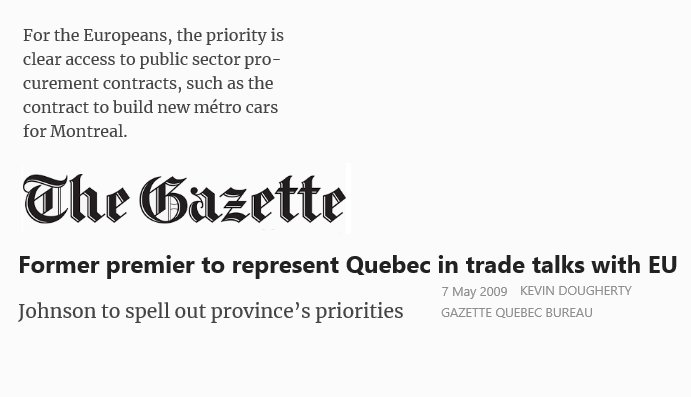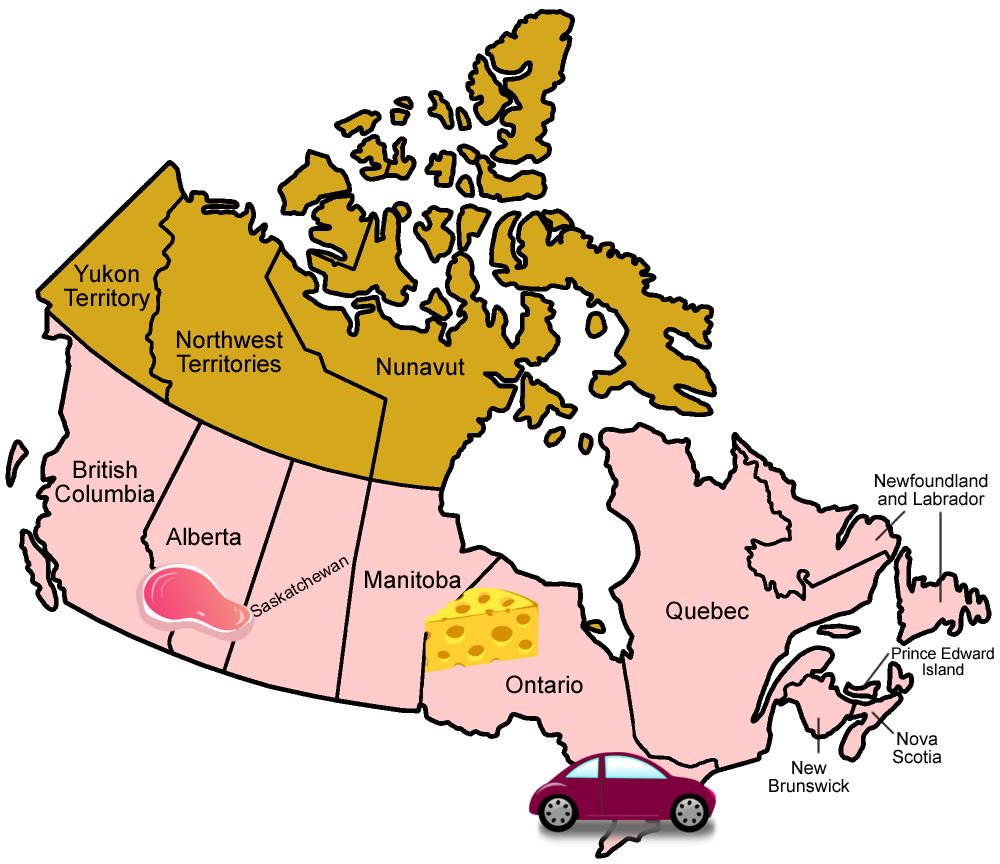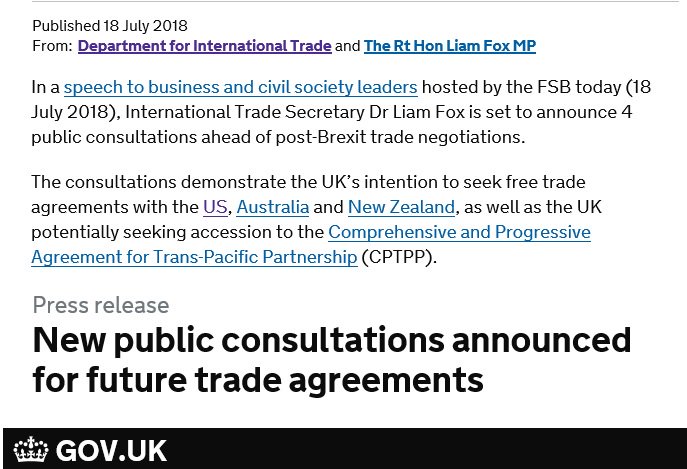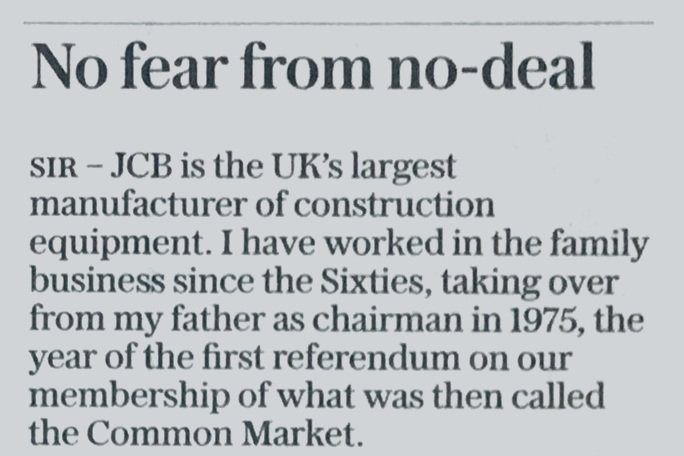international.gc.ca/trade-agreemen…
newint.org/blog/2010/12/0…
theglobeandmail.com/opinion/provin…
euractiv.com/section/trade-…
Scoping study? Econometric study? Both are probably unnecessary in the face of no deal.
(Warning: Video contains disturbing argument)
(Clue: They don’t!)
/End











